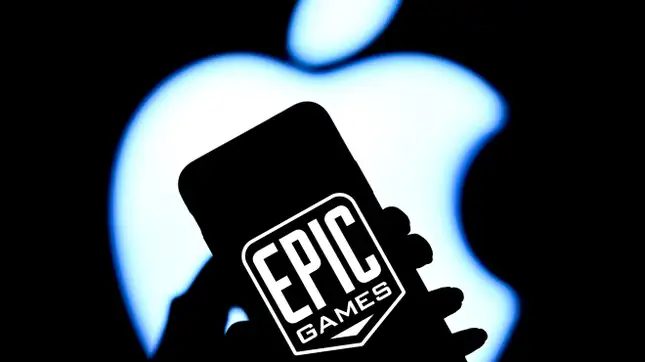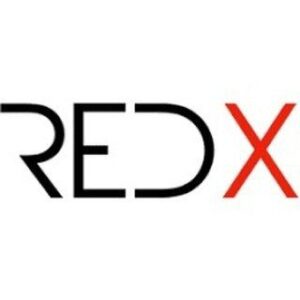Apple has strongly denied allegations that it violated a federal court order related to its App Store operations, as claimed by Epic Games, the developer behind the popular game “Fortnite.” In a recent court filing, Apple addressed U.S. District Judge Yvonne Gonzalez Rogers in Oakland, asserting that Epic Games is attempting to force changes to Apple’s business model to boost its own profitability. This filing is part of an ongoing legal battle that began with Epic’s 2020 lawsuit accusing Apple of antitrust violations through its control over app downloads and in-app payments.
In 2021, Judge Rogers mandated Apple to allow developers more freedom to direct users to alternative payment methods for digital goods, a decision partly upheld despite Apple’s appeal, which the U.S. Supreme Court declined to hear in January, solidifying the lower court’s ruling.
Allegations and Corporate Responses
Epic Games has accused Apple of a “blatant violation” of the injunction, particularly criticizing the tech giant’s imposition of a 27% fee on certain developer transactions, which Epic argues renders alternative payment links “commercially unusable.” Additionally, Epic claims that Apple has prohibited some apps from informing users about available purchasing options outside the App Store. This complaint has gained support from major tech entities like Meta Platforms, Microsoft, Elon Musk’s X, and Match Group, all of which have expressed concerns to Judge Rogers about Apple’s adherence to the court order.
In contrast, Apple’s defense highlights the complexities of managing its App Store policies while complying with legal directives. The company’s response to the dispute is crucial as it navigates maintaining its business model while addressing regulatory and legal challenges. This legal confrontation is set against a backdrop of similar disputes, including a pending case between Epic Games and Google, indicating a broader industry pushback against the operational practices of major tech platforms.














